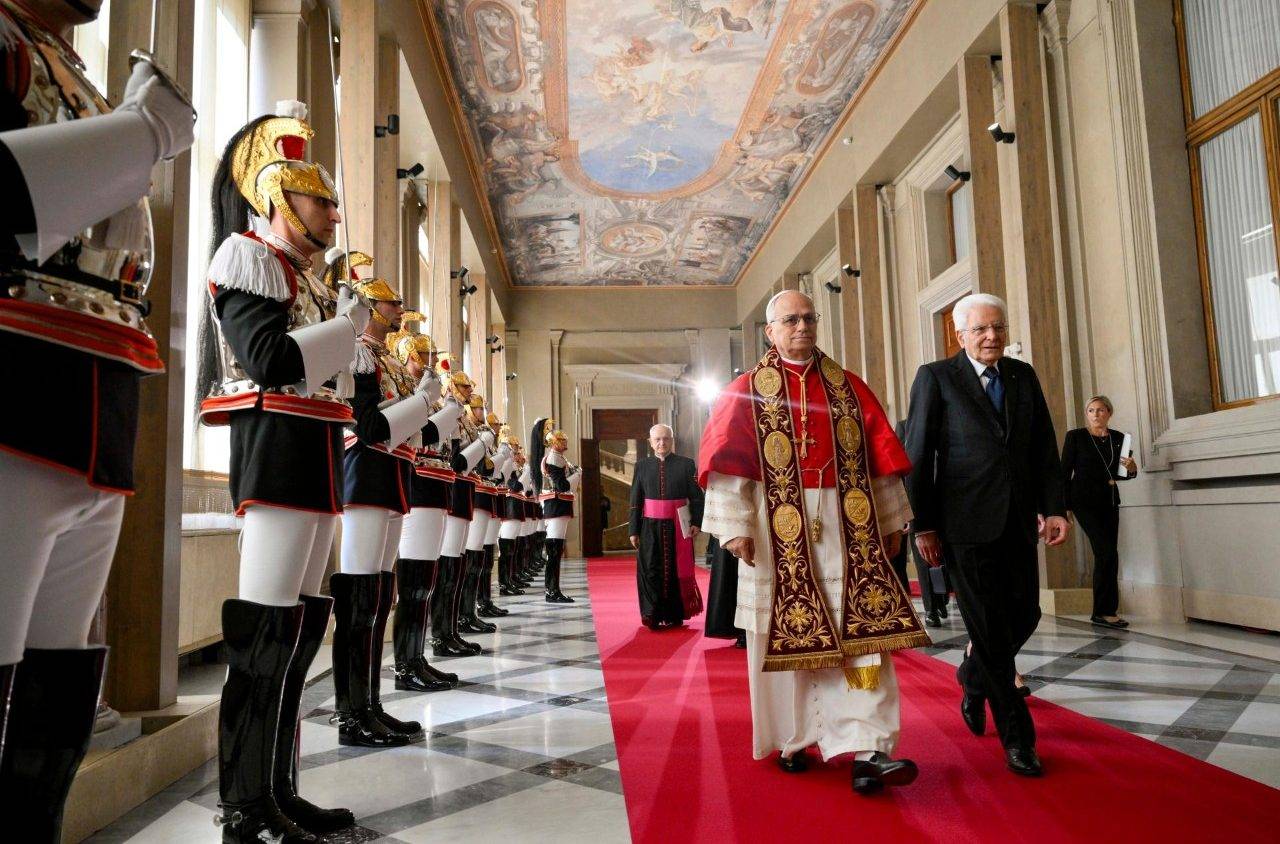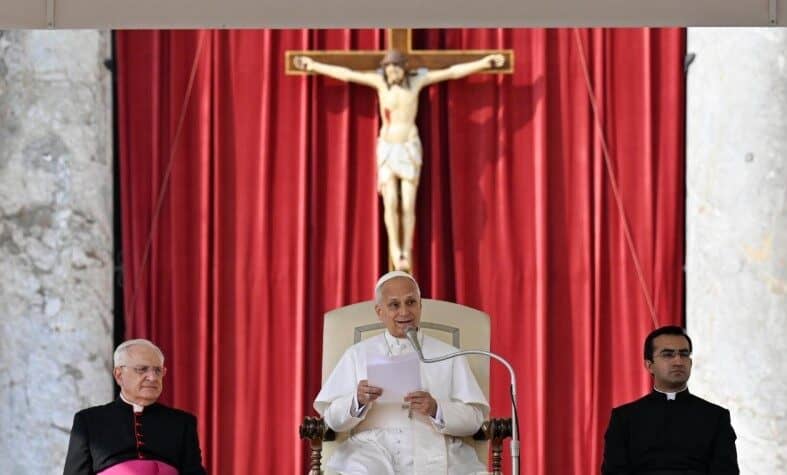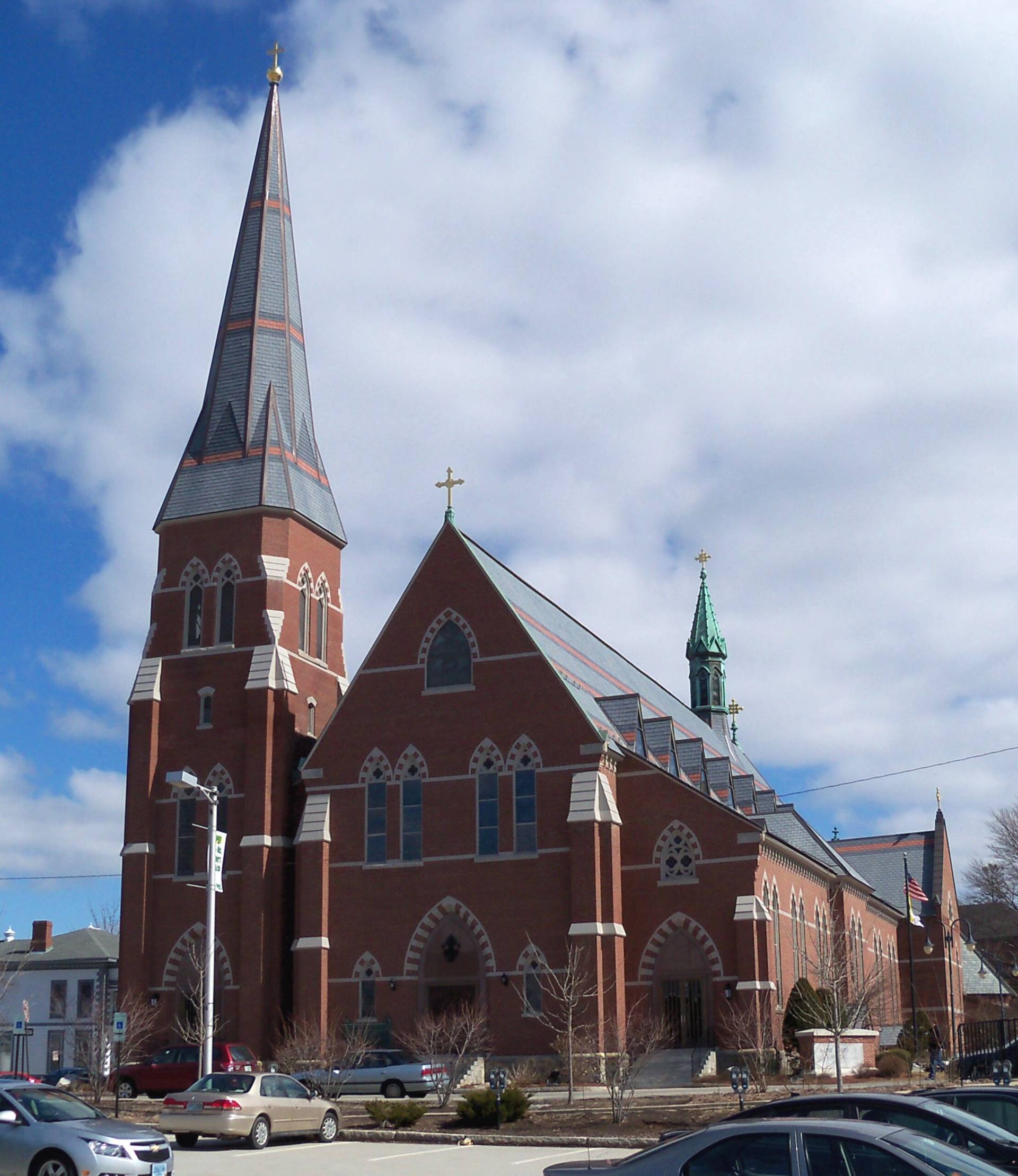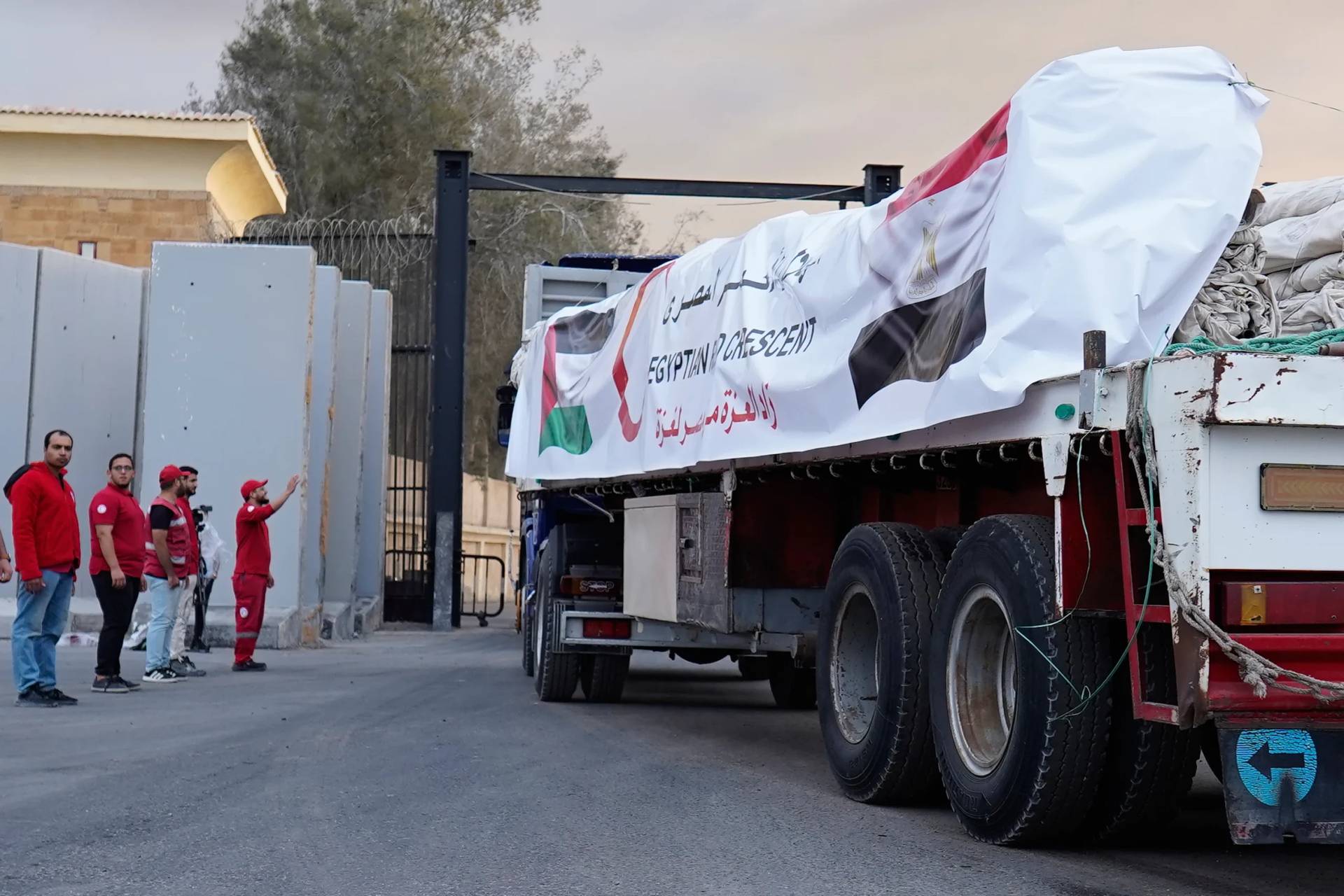[Editor’s note: This interview by Filipe Domingues, a Rome-based journalist, was originally published in the Brazilian newspaper O Säo Paulo. It appears here in English translation by permission.]
The cardinals chosen by Pope Francis in this Jubilee Year are the “cardinals of mercy,” says Archbishop Sergio da Rocha of Brasília and president of the National Conference of Bishops of Brazil (CNBB). He himself is one of the new men of confidence of the pontiff: Dom Sergio was the only Brazilian named for the consistory of November 19.
The pope announced a month ago the appointment of 16 bishops and a priest as new cardinals, giving them greater responsibility in the government of the Church. In addition, 13 of the new cardinals, under the age of 80, can elect the next pope in an eventual conclave.
Sought out by O Säo Paulo between a trip to Rome and several appointments, da Rocha granted an exclusive interview by email. He spoke about his appointment, about politics in Brazil and the pope’s decision not to visit the country in 2017.
For the new cardinal of mercy, “the conception of a Church that controls society is neither theologically justified nor feasible in a complex and pluralistic culture.” However, “a serving, prophetic and merciful Church has much to offer for overcoming social problems.”
Domingues: Choices for new cardinals that once would have been obvious aren’t always so under Pope Francis. Why do you think he picked you?
Da Rocha: I see it as a sign of the mercy of God, and the goodness of Pope Francis. After all, the appointment takes place right in the Year of Mercy! But it is also a gesture of the pope’s love for the Church in Brazil and his confidence in the Brazilian episcopate. It was good, too, to see our people rejoice at the news of my appointment.
All this is a source of sincere gratitude, but also a lot of responsibility.
Were you surprised at the news?
Pope Francis doesn’t consult the person he’s going to name a cardinal in advance. I received the news unexpectedly, when I visited one of the most needy areas of Brasilia [the national capital.] I was preparing to celebrate mass in an occupation in the Recanto das Emas neighborhood, where houses have been destroyed and people are trying to rebuild life. It was a warning to never forget our poor and suffering people. It is a sign of God.
As Pope Francis has insisted, the cardinalate is not an honor, but a form of service. The Brazilian people, represented by that community, felt loved and valued by the pope!
The pope has said he won’t visit Brazil in 2017. Did he explain his reasons to you?
I know that the pope still wants to visit Brazil again. He didn’t cancel his trip, but he postponed it without setting a new date. He said he has to resume his ad limina visits [meaning the trip bishops are required to take to the Vatican], because they weren’t held during the Holy Year.
The Brazilian episcopate itself has long waited for that ad limina visit, which is usually every five years. In addition, we must remember that other countries need a visit of the pope even more or expect much from him, like Argentina itself.
On March 11, the bishops of Brazil said the background to the country’s current crisis is “a lack of ethical and moral points of reference.” What are the missing values?
Ethics in politics needs to be recovered urgently, which requires honesty on the part of politicians, as well as overcoming political and electoral corruption. A democratic society needs politicians and responsible politicians. Political participation can’t be denied, or left to others.
Another attitude to be cultivated is the conscious exercise of citizenship. Every citizen, and civil society itself, have much to contribute to justice and peace, so desired by all. In a special way, laity and lay Christians have much to offer. They should be “salt” and “light” also in the field of politics.
The Brazilian bishops have criticized polarization in political life, saying it reflects an “uneasy spirit.” How does the Church participate in politics?
Through the bishops’ conference, the Church seeks to be always open to dialogue with the executive branch, the legislative and the judiciary. The conference does not adopt a political-party stance, and does not defend governments or parties. It pursues its prophetic mission by offering a meaningful contribution to the Word of God and to the Church’s social doctrine, not political ideologies.
The conception of a Church that controls society is neither theologically justified nor viable in a complex and pluralistic culture. However, a servant, prophetic, and merciful Church has much to offer in overcoming social problems. We have much to do to overcome aggression, intolerance and violence. [We must] educate for dialogue and encourage respect for those who think differently.
Anyone who thinks differently cannot be treated as an enemy, whether at home, on the streets, on social networks or in political environments.
How do you see the current situation of the Church in the world?
There are many challenges, depending on the context. I would emphasize the conflicts and wars that are making so many people suffer, especially the poorest and most defenseless. The cruel situation of refugees and immigrants, always remembered by the pope, demands the joint action of the countries and effective investment. There’s also poverty and misery that persist in an era of so much scientific and technological development, with the poor being sacrificed most when there is economic crisis or social conflicts.
It is not easy, but the Church needs to evangelize with special attention to these situations, to bring hope and new life. We have to evangelize the different cultural contexts, from popular piety to secularized environments and modern Areopagus. We cannot remain indifferent or comfortable, but walk the path of participation and communion. Always trusting in the grace of God!
In Brazil, what are the challenges?
Here too, there are many. Among them is the missionary renewal of the Church, forming communities, in fact, missionary communities. There’s the evangelization of the Amazon, which requires that we redouble our efforts and undertake new initiatives with urgency.
We have to do more on the formation of the laity, especially of Christian leaders. We must encourage the participation of the laity in political life. We also have to pursue ecumenical dialogue in a context of intense religious pluralism, and we have to work to overcome misery and violence.
Facing so many challenges is a task to be shared and thought of by the Church, at its different levels. You cannot leave it to others. Each community, pastoral or movement has its part to do.
Has Pope Francis helped the church to face those challenges?
The Pope has contributed enormously with his teachings, but above all by his example and initiatives. We have learned a lot from him! He has encouraged us to be a missionary Church, going out to meet the wounded and the lost sheep. He’s pushed us to be a merciful and welcoming Church, a house of open doors, and a servant church, living in simplicity.
Through the Year of Mercy, he has helped us to live all this and to witness it. The words and initiatives of Pope Francis in favor of refugees have been moving. His gestures of closeness and dialogue have contributed to the search for peace, and make us open our eyes and our hearts to such violence. His concern for the Amazon also has greatly encouraged us.
Your bishop’s motto is ‘All in Charity.’ How do you plan to live that as a cardinal?
The motto “Everything in charity” has served as a motivation for me and, thank God, I often remember it. As a cardinal, I hope to be able to live more “everything in charity.”
I think the cardinals named in this Holy Year should be recognized as “cardinals of mercy.” We must learn to conjugate, with Pope Francis, the word “merciful.” Charity in everything and with all is not easy, but it is beautiful and makes the one who practices it and who receives it happy.
I hope to collaborate, albeit modestly, so that charity shines ever more in the life of the Church. But this is only possible by the charity of Christ!
















